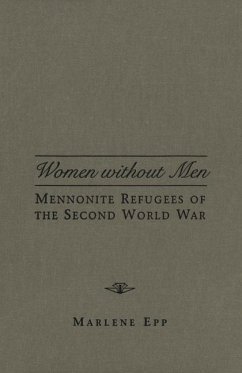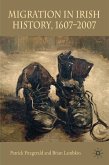Marlene Epp, who has written extensively on Mennonite history, presents here the story of thousands of Soviet Mennonite women who, having lost their husbands and fathers to Stalinist work camps and the Second World War, made an arduous journey through war-torn Europe. Housed in displaced persons camps after the war, many eventually emigrated to Paraguay and Canada.More than a mere description of the events that led these women from their native homes, this work encompasses the culture of women refugees and, in particular, how they 'remembered' the events that marked their lives. The women wove their memories into larger histories that helped them to deal with the horror of the past and contributed to a sense of normalcy in their new and strikingly different homes. Epp examines the particular difficulties of the emigration experience for women without men. These women often used ingenious strategies to protect themselves and their families, yet they were consistently depicted as weak and helpless by Mennonite refugee boards eager to reimpose traditional gender roles disrupted by the Soviet and war environments.Epp's study focuses on the intersection of gender, war, and immigration. In her analysis of the relationship of female-headed households with patriarchal, postwar society, she gains access to the personal worlds of these women. In doing so, she offers a better understanding of the culture of postwar immigrants and postwar families, the workings of refugee settlement agencies, and the functioning of postwar ethnic communities in Canada, Germany, and Paraguay.
Dieser Download kann aus rechtlichen Gründen nur mit Rechnungsadresse in A, B, BG, CY, CZ, D, DK, EW, E, FIN, F, GR, HR, H, IRL, I, LT, L, LR, M, NL, PL, P, R, S, SLO, SK ausgeliefert werden.
Hinweis: Dieser Artikel kann nur an eine deutsche Lieferadresse ausgeliefert werden.









